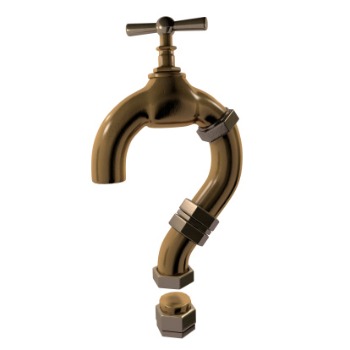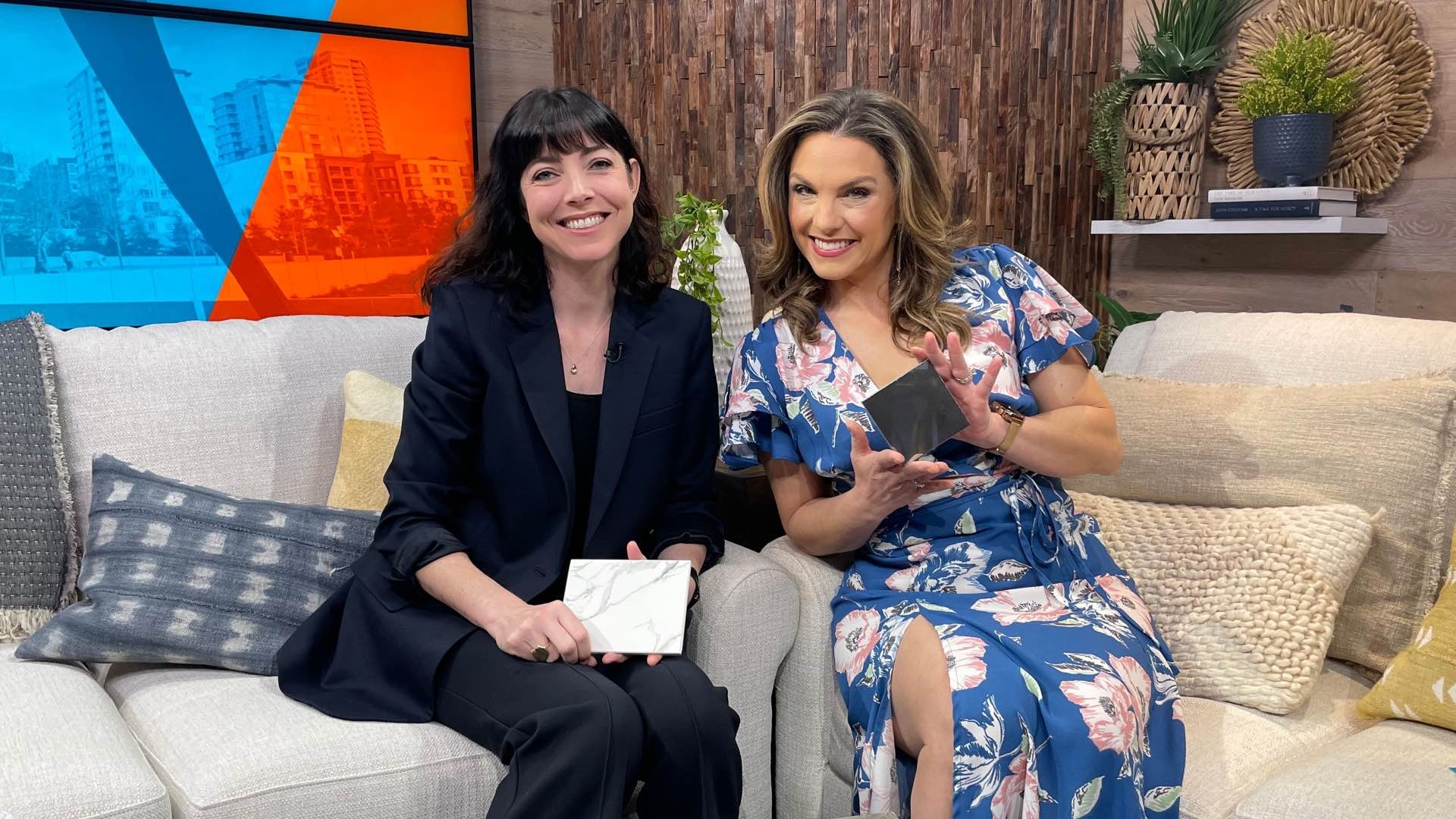Pardon the pun but plumbing problems can get you into hot water. We have assembled several of the most frequently asked questions (FAQs) regarding plumbing issues. So, let’s get started right away.
What’s the difference between hard water and soft water?
Soft water is water in its pure and natural form, free of minerals. Keep in mind that by definition, soft water does not mean it comes from a water softener. Water turns “hard” as it moves through the ground or rocks on its way from the source and picks up minerals such as limestone, calcium and magnesium along the way. Water treatment equipment can turn hard water back into soft water by removing the minerals.
What are the pros and cons of water softeners?
Water softeners reduce the “hardness” of the water, which reduces staining and scaling. It also means you need less soap and detergent for cleaning. Reduced scaling translates to energy savings when heating water. They exchange the “hardness” minerals such as calcium for softer minerals such as sodium.
Water softeners that use salt (sodium) makes the water unsuitable for drinking and cooking. This means you need a separate, untreated cold water supply for those purposes.
Does my plumbing affect energy efficiency?
It certainly can and it will not only save energy, but can increase the resale value of your home. Here are a few items to consider:
· Installing energy efficient toilets. Older toilets use up to 7 gallons per flush while new models use a maximum of 1.6 gallons and some models even less.
· Replacing existing toilets with dual-flush toilets. These toilets have one button for a low power flush for liquid waste and another for a full flush of solid waste.
· Converting to low-flow shower and faucet heads will conserve water and provide better water pressure.
· Switching to tankless water heaters. These heat water only as it’s being used, instead of having it heated full time.
What can I do to extend the life of the water pipes in my house?
Excessive water pressure is a common cause of plumbing leaks. If the water pressure in your plumbing system exceeds 60 psi (pounds per square inch) for prolonged periods, pipes will move and shift under pressure. This wear and tear will lead to leaks. An experienced plumber can change the adjustments on your water regulator, or for more serious cases, install a pressure reducer.
Installing a water conditioner is an excellent way to keep your pipes and plumbing fixtures maintained in peak operating condition and prolong their life.
Our faucets often make loud noises when we turn them off. What’s causing this?
“Water hammers,” as they’re called happen when the water is turned off quickly causing the pipes to shake. If the pipes are near wood, they will bang against it. Often times, it’s because the pipes are not anchored well enough. Water pressure that is too high may also be the culprit.
Can plumbing problems cause illnesses?
Possibly. Some plumbing problems can lead to the growth of bacteria which can in turn lead to diseases, even serious ones like Legionnaires’ disease. Bacteria thrives in warm, stagnant water, especially in spas and hot tubs that aren’t drained, hot water storage tanks and even water heaters.
The best defense is sanitizing your kitchen and bathrooms. Your tubs should be drained after use and cleaned with a good disinfectant.
Heating your water heater to 140 degrees will destroy bacteria but has other problems such as higher energy bills and increased risk of scalding. Plumbing experts recommend setting the water heater temperature to 120 degrees.
How can I prevent pipes from bursting or leaking during the winter?
When water freezes, it turns to ice and expands. The increased pressure is what causes pipes to burst. You can reduce the chances of frozen water by insulating your water supply lines, especially those in unheated areas such as crawl spaces, garages and basements. At the onset of winter, be sure to disconnect and drain your garden hoses to prevent outside spigots from freezing. You can also buy inexpensive exterior faucet covers that insulate the fixtures.
More Questions?
These are only a few of the questions that come up frequently. While many people go to the Internet to find answers to their questions, beware there is also a good bit of misinformation and hidden agendas out there. It may sound a bit “old school” but the best advice you’ll typically get is from a trained plumbing specialist who knows your particular situation. Check out South West Plumbing’s website at www.southwestplumbing.biz and read some of their great reviews. They have the answers you need.
This article was provided to KING 5 by South West Plumbing.


